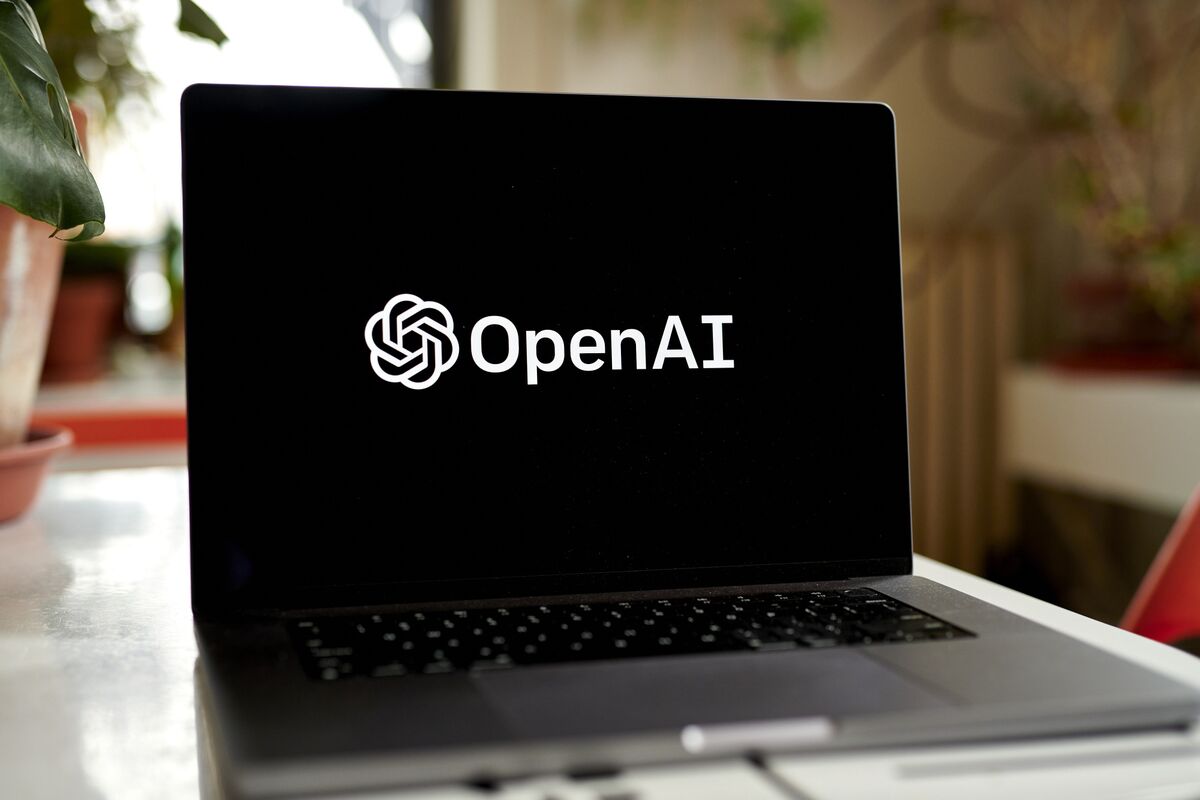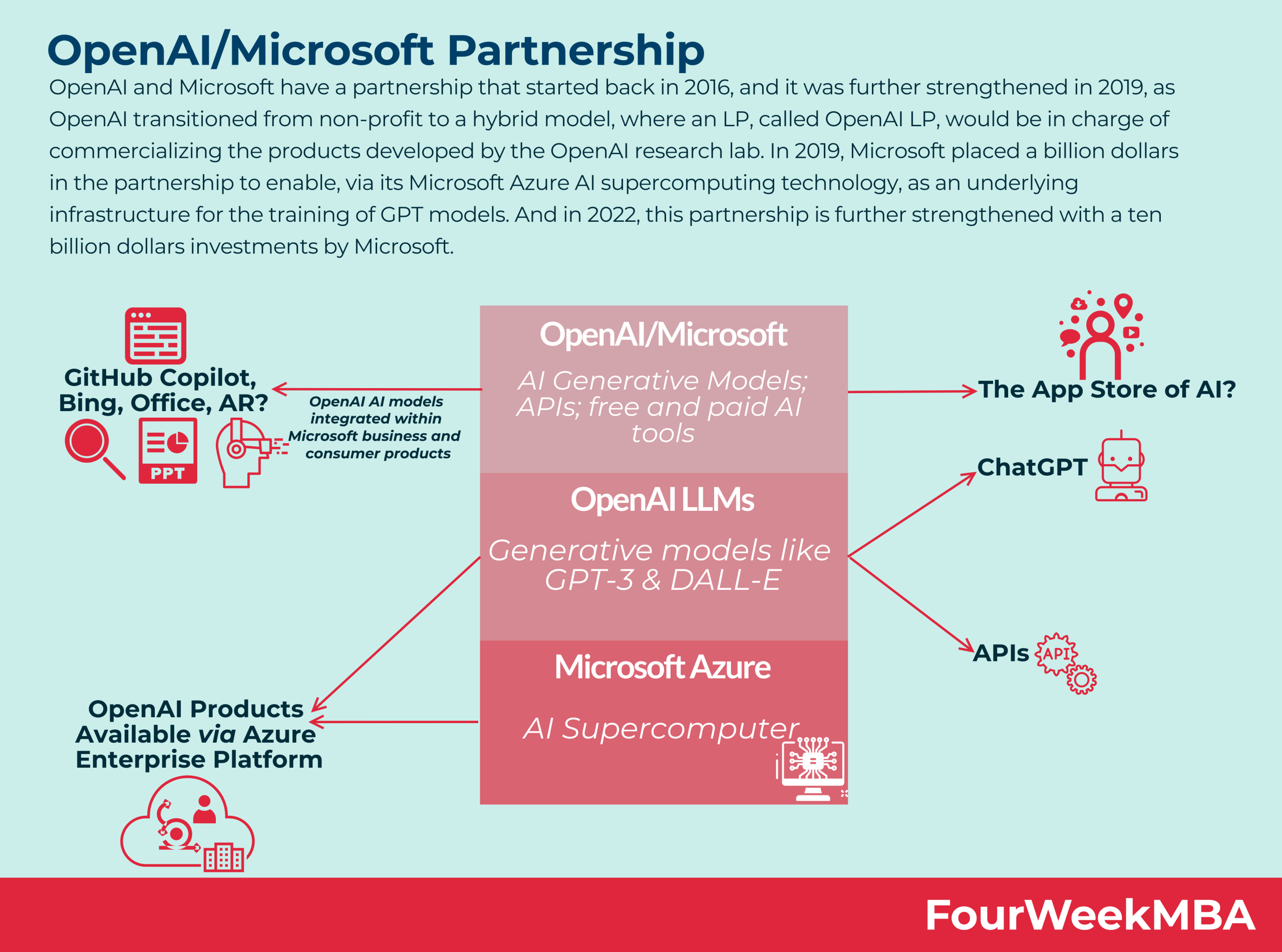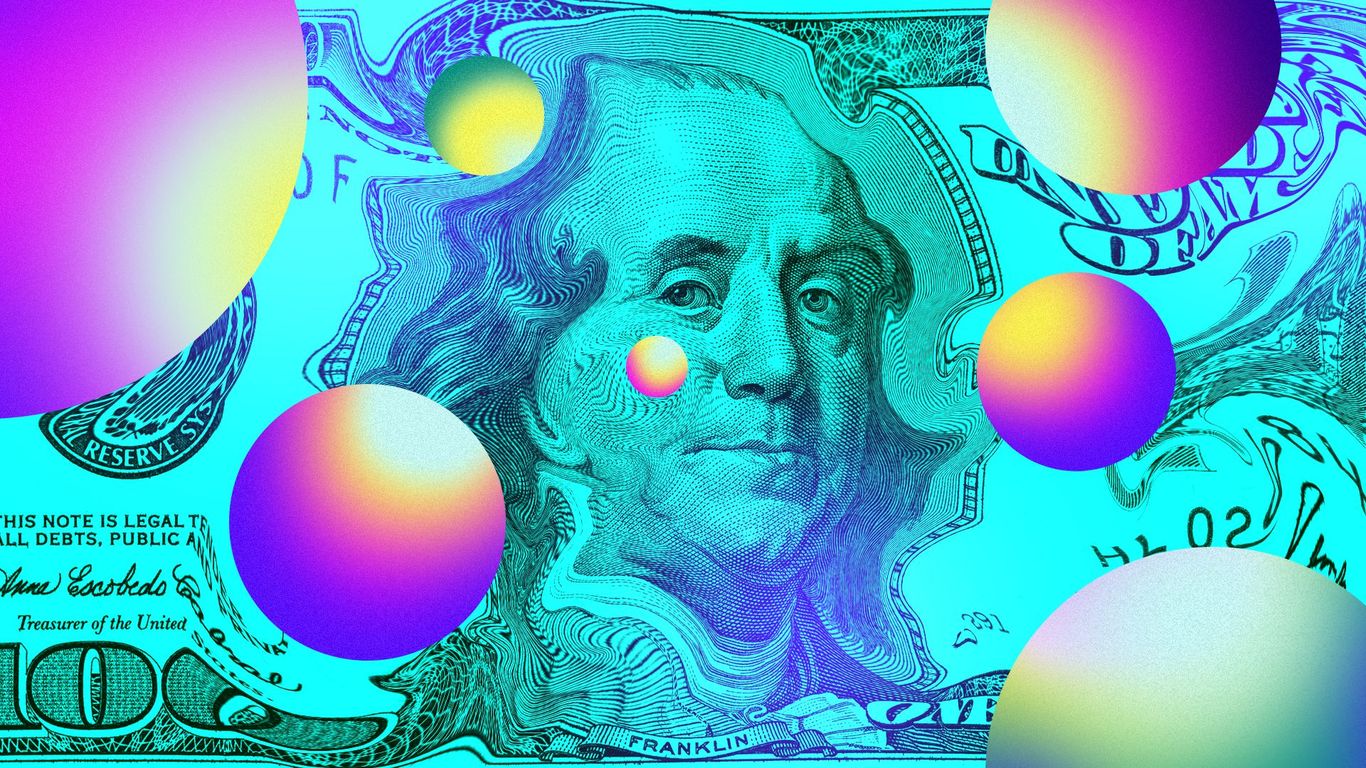Microsoft’s collaboration with OpenAI is one of the most significant investments in artificial intelligence (AI) in recent times. The partnership aims to develop cutting-edge AI solutions that will change the future of technology. In this article, we explore how Microsoft plans to monetize its partnership with OpenAI by leveraging its research and unique capabilities in AI to create new products and enhance existing ones.
Overview of OpenAI and Microsoft partnership

The collaboration between OpenAI and Microsoft aims to accelerate the development of AI solutions across many industries. OpenAI’s mission is to create safe artificial intelligence that can enhance human life through its research and development. It focuses on exploring new frontiers in AI, such as deep learning, natural language processing, and robotics. Microsoft is a leading technology company with a long history of developing innovative hardware and software solutions. Together, they have created an unmatched team of researchers, scientists, and engineers who are focused on developing advanced AI technologies.
How Microsoft plans to monetize the partnership

1. Commercializing AI products
Microsoft plans to use OpenAI’s research and capabilities to develop new AI products that will generate revenue for the company. These products will range from chatbots and virtual assistants to gaming and healthcare solutions. In the past, Microsoft has made a significant investment in chatbots, and the company sees AI chatbots as a significant product that it can sell to its customers.
2. Integration with existing Microsoft products
Microsoft plans to integrate its products with OpenAI’s technology to improve its existing products. The company sees significant potential in integrating AI chatbots into its communication platforms, such as Skype and Teams, which will help automate customer service and other tasks.
3. Licensing AI technology
Microsoft plans to license OpenAI’s technology to other companies and governments. The company has already started licensing AI technology, such as its cognitive services, to other organizations. With the OpenAI partnership, Microsoft now has an opportunity to license advanced AI technology to governments and other organizations.
4. Developing AI for Healthcare and Life Sciences
The partnership aims to develop AI solutions in healthcare and life sciences that can improve patient care and help researchers discover new treatments for diseases. AI has the potential to transform healthcare by analyzing large amounts of medical data, detecting early signs of diseases, and developing personalized treatment plans.
5. Improving AI safety and ethics
The partnership will focus on developing guidelines for AI safety and ethics, which will help minimize the risks associated with AI technology. Microsoft has already developed guidelines for AI ethics that it plans to implement into its products, and the partnership with OpenAI will help enhance these guidelines.
Why the OpenAI partnership is an excellent opportunity for Microsoft

The OpenAI partnership is an excellent opportunity for Microsoft to take advantage of OpenAI’s research and advanced capabilities in AI. Microsoft’s investment in the partnership has already paid off, with the company launching GPT-3, one of the most advanced language models to date. The partnership has positioned Microsoft as one of the leading tech companies in AI research and development. The collaboration has given Microsoft an edge over competitors like Google, Amazon, and Facebook, who are all investing heavily in AI research.
Conclusion

Microsoft’s partnership with OpenAI is one of the most significant investments in AI research and development. The collaboration has the potential to generate vast amounts of revenue for the company, while also improving its existing products and services. The partnership is also an opportunity for Microsoft to position itself as a leader in AI research and development, ahead of competitors like Google, Amazon, and Facebook.
FAQs

1. What is OpenAI?
OpenAI is an AI research organization that was founded in December 2015 by entrepreneurs, including Elon Musk, with the aim of ensuring that AI benefits humanity.
2. How does AI chatbots work?
AI chatbots use natural language processing to understand and respond to user questions and commands in a conversational manner. The chatbot is trained on a dataset that includes examples of user interactions, which allows it to understand how to respond to user input.
3. Why is AI important in healthcare?
AI has the potential to transform healthcare by analyzing large amounts of medical data and detecting early signs of diseases. AI can also help develop personalized treatment plans and assist in drug discovery.
4. What is GPT-3?
GPT-3 is one of the most advanced language models to date, developed by OpenAI. It has 175 billion parameters, making it one of the largest language models to date. GPT-3’s capabilities include language translation, question answering, and text completion.
5. How will Microsoft’s partnership with OpenAI position the company in the AI market?
The partnership with OpenAI has positioned Microsoft as one of the leading tech companies in AI research and development. By leveraging OpenAI’s advanced capabilities in AI, Microsoft is well-positioned to develop cutting-edge products and services that will change the future of technology.

